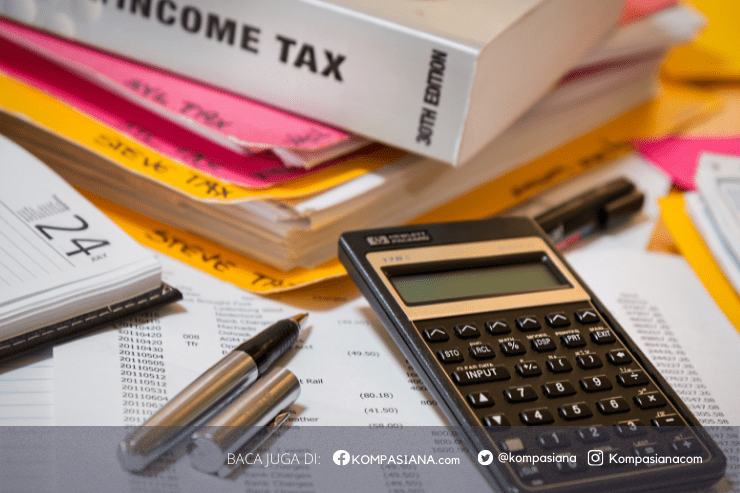Taxes are levied for the public by the state on the basis of forceful, indebted legislation that must be paid without direct compensation, and the revenue will be used to finance state expenditures in governance and development (Siahaan in Dewantara, Endang, and Ilhamsyah, 2016). Growing awareness of paying taxes for some people is not easy, even some of them are deliberately not paying their tax obligations.
Many factors affect the level of public awareness in paying taxes, including the lack of information from the government, the existence of fraudulent elements in tax collection, and the most important is the awareness of paying taxes from the community itself. The level of tax awareness and knowledge of the importance of paying taxes will also affect taxpayer compliance. A higher level of awareness and knowledge of the public about the taxpayer will have a positive effect on taxpayer compliance.
Taxpayer compliance is where the taxpayer meets his tax obligations and implements taxation rights properly and correctly in accordance with applicable tax laws and regulations (Dewantara, Endang, and Ilhamsyah, 2016). The lack of knowledge and understanding of taxes leads to a lack of public awareness in paying taxes. People are less interested in paying taxes because of the absence of incentives or reciprocity directly from the state for them (Dewantara, Endang, and Ilhamsyah, 2016). This essay will describe the importance of tax in Indonesia.
Tax is a source of state income for development that is useful to all people. Such development would require a large budget. Tax functions as a budget that is used for infrastructure development and financing of government activities. Infrastructure development includes roads, bridges, and public facilities. Whenever the quality of infrastructure has been improved, one of the advantages is the decrease in traffic jam, more convenient accessibility (Setiani, Domai, and Wachid, 2014). So, our state budget comes from tax which functions to finance infrastructure building, government activities.
Regulated is a regulating function that as a tool of government policy to reach certain goals. The government can regulate the economic growth through tax policies. For example, in order to bring investment, both domestic and abroad, the government gives various kinds of tax relief facility. In order to protect domestic production, the government sets a high import duty for foreign products. Taxes function as a tool to regulate or implement government policies in the economic field (Rahmanto, 2015).
The third is a stabilization function which implies that in the existence of taxes, the government has the funds to implement policies related to price stability so that inflation can be controlled (Satya and Dewi, 2010). The stabilization function which serves as the government budget is a tool to maintain and pursue a fundamental balance of the economy. For example, external and internal shocks to the economy have led to inflation, high unemployment, and unstable economic growth that have negative implications for economic stability. Therefore we need a fiscal policy in an effort to stabilize the economic condition, there is a stability function in fiscal policy (Prasetyia, 2011).
Based on these points it can be seen that tax is a source of state income for development that is useful to all people. Taxes have useful functions as a tool to build infrastructure, the government policy tools in contributing to the achievement of specific objectives, to maintain and seek a balance of the economy fundamental. So, if the people's awareness to pay taxes is high, then the development of the country will also improve.
REFERENCES :
Dewantara, Rizky Yudhi., Maria Endang, and Randi Ilhamsyah. 2016. " Pengaruh Pemahaman dan Pengetahuan Wajib Pajak Tentang Peraturan Perpajakan, Kesadaran Wajib Pajak, Kualitas Pelayanan, dan Sanksi Perpajakan Terhadap Kepatuhan Wajib Pajak Kendaraan Bermotor" Jurnal Perpajakan (JEJAK) 8 (1) : 1-9.
Setiani, Ekil Amas., Tjahjanulin Domai, and Abdul Wachid. 2014. "Kontribusi Pajak Daerah Bagi Pembangunan Infrastruktur Jalan" Jurnal Administrasi Publik (JAP) 2 (3) : 447-451.
Rahmanto, Sadar. 2015. "Manfaat Pajak Ditinjau dari Teori Hukum Positive" Jurnal Pasca Sarjana Hukum UNS 3 (2) : 144-154.











